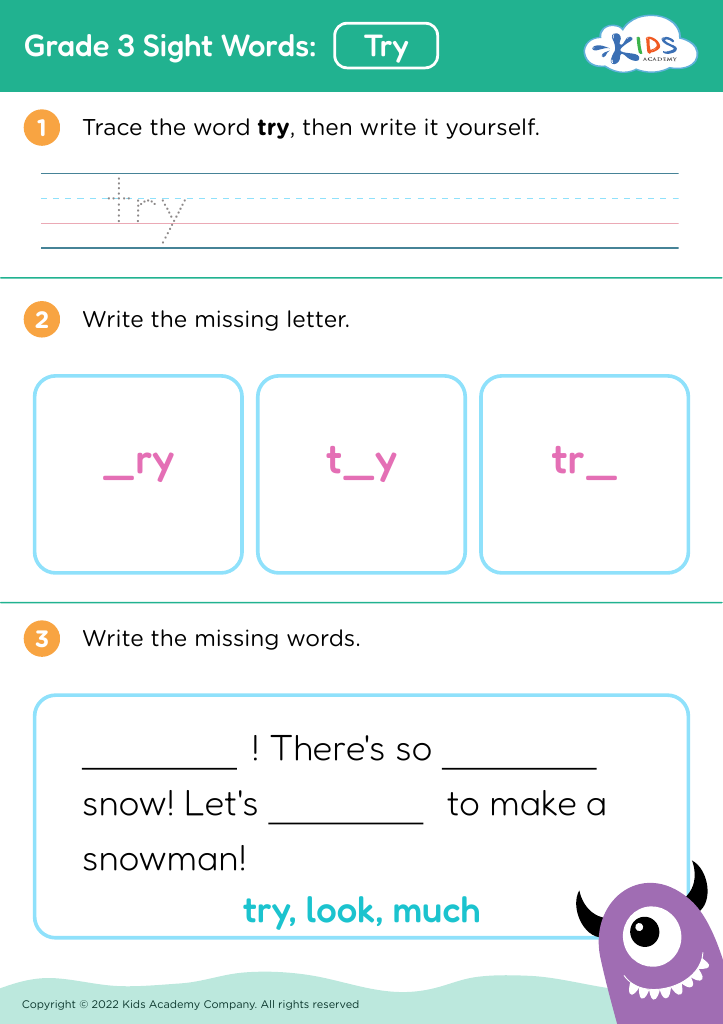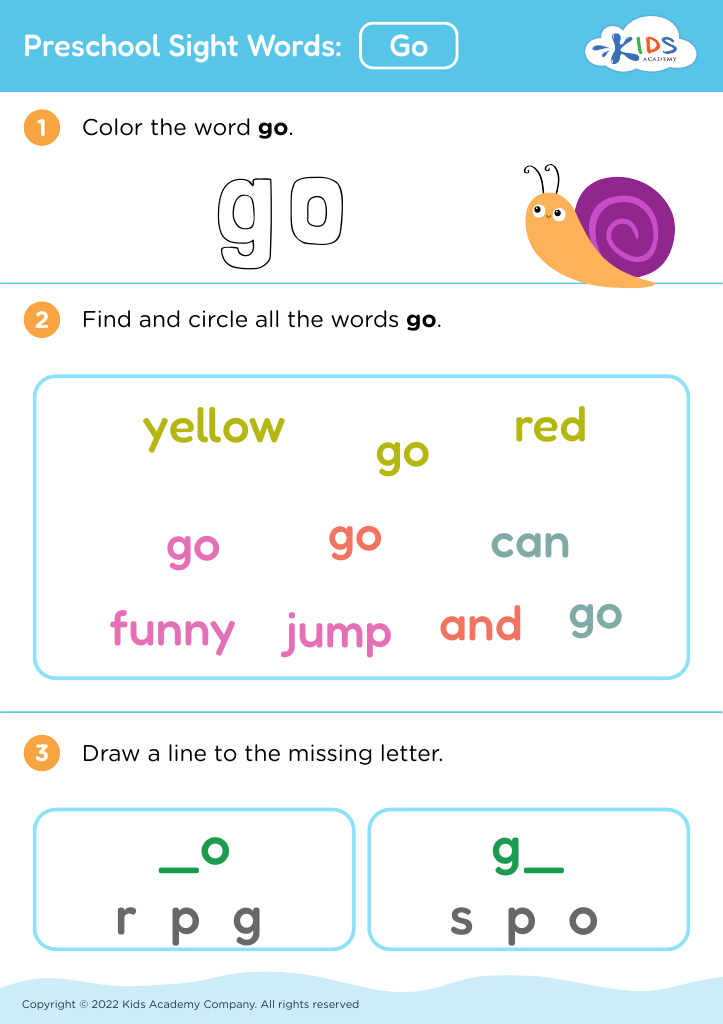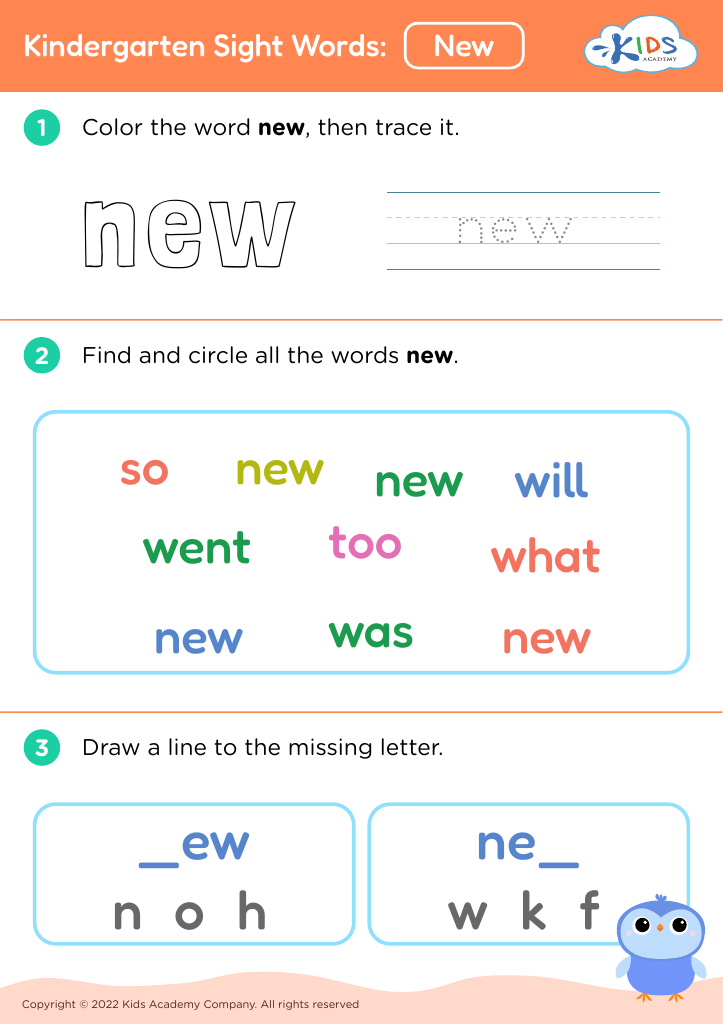Number identification Building Vocabulary Worksheets for Ages 4-8
5 filtered results
-
From - To
Discover our engaging Number Identification Building Vocabulary Worksheets designed for children ages 4-8! These worksheets provide a fun and interactive way for young learners to enhance their number recognition and vocabulary skills. Each activity is tailored to capture the interest of early learners, featuring colorful illustrations and relatable contexts to make learning enjoyable. From matching numbers to words to counting exercises, our resources support foundational math and literacy development. Perfect for teachers, parents, and educators, these worksheets provide valuable practice that encourages confidence in number identification and language building. Start your child's journey to numeracy success today!
Number identification building vocabulary is crucial for children aged 4-8 as it lays the foundation for their mathematical understanding and overall cognitive development. At this age, children are naturally curious and eager to learn, making it the perfect time to engage with numbers and develop a strong vocabulary related to them. Understanding numbers enhances their ability to navigate everyday situations, such as counting objects, addressing playground dilemmas, and managing sharing or taking turns during games.
Parents and teachers should prioritize this skill because early number recognition fosters critical thinking skills and problem-solving abilities essential for later academic success. Additionally, engaging children with vocabulary related to numbers—like “more,” “less,” “equal,” and “counting”—expands their language skills and encourages mathematical discourse. It promotes conversations about quantities, comparisons, and sequences, fostering a rich learning environment both at home and in school.
Ultimately, the proficiency in number identification and vocabulary equips children with the tools they need for later math concepts. It not only builds confidence but also encourages a positive attitude towards learning mathematics. By investing in these early skills, parents and teachers can ensure that children are well-prepared for future educational challenges.


















.jpg)













